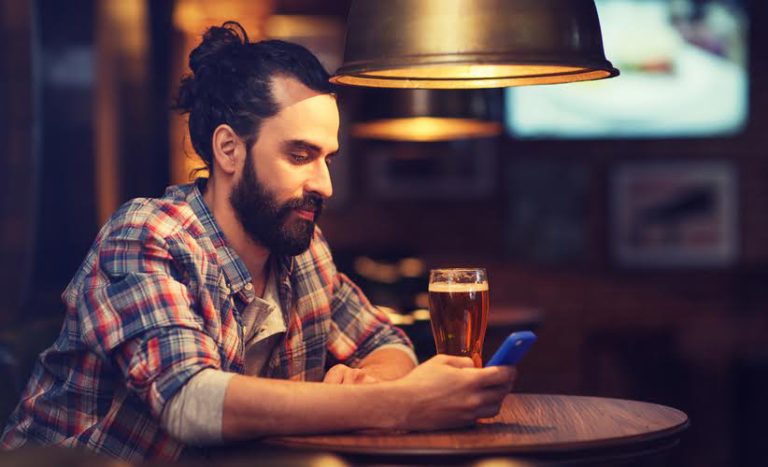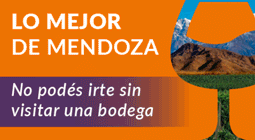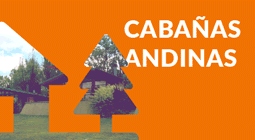It’s no secret that alcohol has a profound impact on the brain—even a casual drinker can experience a mood shift after a beer or two. It’s also no secret that drinking—especially heavy drinking—can bring on feelings of regret the next day. It is also important to check whether you feel able to take a break from alcohol and look does alcohol cause panic attacks out for the warning signs of a drinking problem. Self-medicating your panic attacks with drink can leave you psychologically dependent on alcohol because the short-term sedative effects can be addictive. It is very common for people who experience anxiety to self-medicate by consuming alcohol, which can offer a temporary fix.

He had no history of panic attacks before or during the alcohol abuse period. Mr. B was diagnosed with panic disorder according to the DSM-IV-TR criteria and was treated with paroxetine, initially 10 mg/day and gradually increased to 40 mg/day. He achieved remission of the panic attacks but was still presenting with limited symptom attacks related to stressful and threatening places or situations at 3 months’ follow-up. Of course, just about anyone can feel anxious after a night of drinking.
Alcohol and anxiety
For instance, you might be afraid of flying, but you don’t have a panic attack every time you board a plane. Instead, you might have a panic attack before boarding, once onboard, or after you leave the plane altogether. You can also feel detached from yourself, as if you’re not connected to your own body. A doctor can run tests https://ecosoberhouse.com/ and ask questions to let them know whether it’s heart-related or anxiety. While uncomfortable, this panic attack symptom doesn’t usually indicate any physical problem. This can feel uncomfortable or even embarrassing if you’re in public, but this symptom usually only lasts for a few minutes and is completely natural.
There’s no magic pill to improve your mood, but managing your hangover symptoms can make you feel better overall. In addition to minimizing your chances of a hangover with the above tips, the Cleveland Clinic recommends eating complex carbs to help increase blood sugar and reduce nausea. And like we said, drinking water can keep you hydrated, which may help you avoid a pounding headache. If you do wind up with one, taking a nonsteroidal anti-inflammatory, like aspirin, can help ease the pain. The Cleveland Clinic recommends that you avoid taking acetaminophen—found in Tylenol—since it can be toxic when there’s alcohol in your system.
Alcohol can decrease your blood sugar levels
While the term may be informal, the science isn’t—there’s plenty of data to explain this experience. Remember, it’s not just alcohol which can causes symptoms that lead to panic attacks. Excessive intake of other drugs and food, including caffeine and sugar, may also be triggers. If you’re someone who is prone to panic attacks when there is no obvious external trigger, dealing with the stress of mistakes can make having one more likely. This is especially true when coupled with the physiological symptoms of drinking.
- A doctor can run tests and ask questions to let them know whether it’s heart-related or anxiety.
- Try drinking water or a club soda with lime between each cocktail to avoid dehydration and reduce mindless alcohol consumption.
- Those who abuse alcohol to manage their panic attacks become caught in a vicious cycle.
- Studies have shown a different trend of alcohol use in people who are diagnosed with generalized anxiety disorder or panic disorder.
- But reaching for caffeine may not be the best idea as its stimulant effects could exasperate your feelings of anxiety.
- These might include disorientation, feeling suddenly hot or cold, sweating, or experiencing light-headedness or dizziness.
Mr. B, a 42-year-old automobile repairman, had a history of alcohol abuse for 16 years. He decided to stop drinking because of the unending insistence of his family and coworkers. These attacks even interrupted his sleep; he would waken abruptly with a choking sensation. Two months after his first attack, Mr. B came for treatment, reporting a gradual increase in his symptoms that he related to his abrupt alcohol cessation. He stated that he would not drink again whatever happened but that he needed help for this new intolerable situation.





